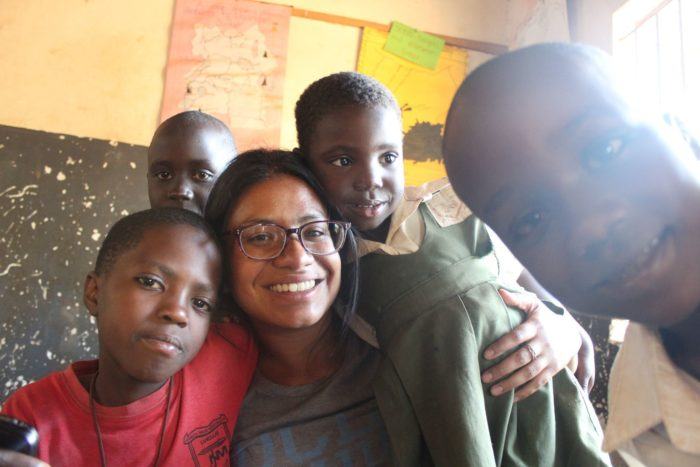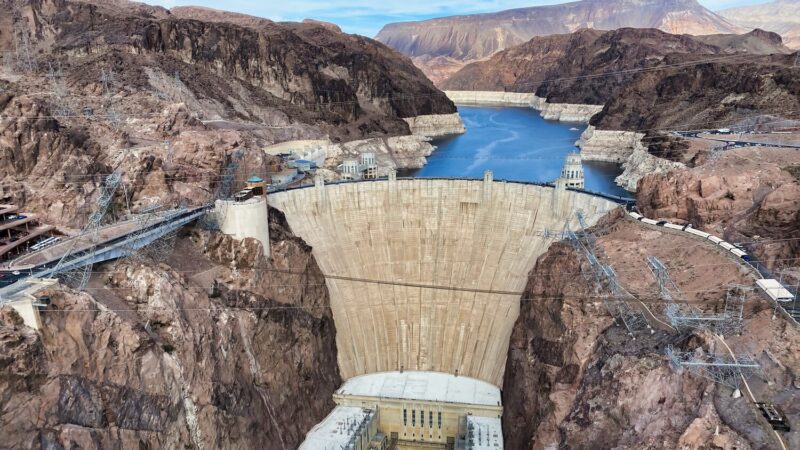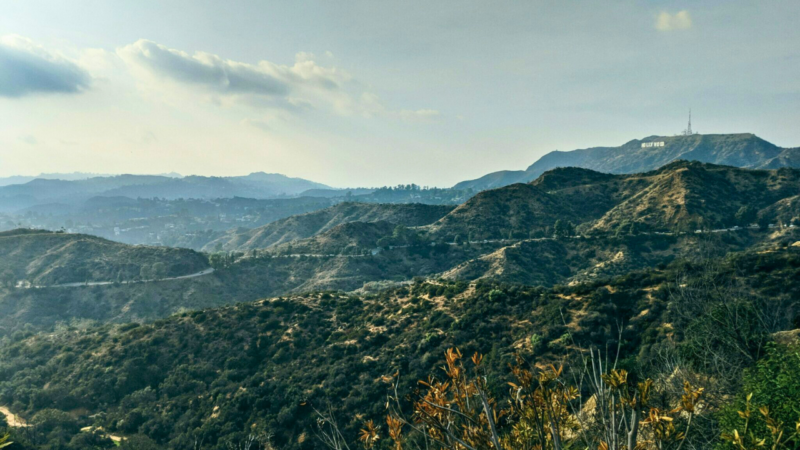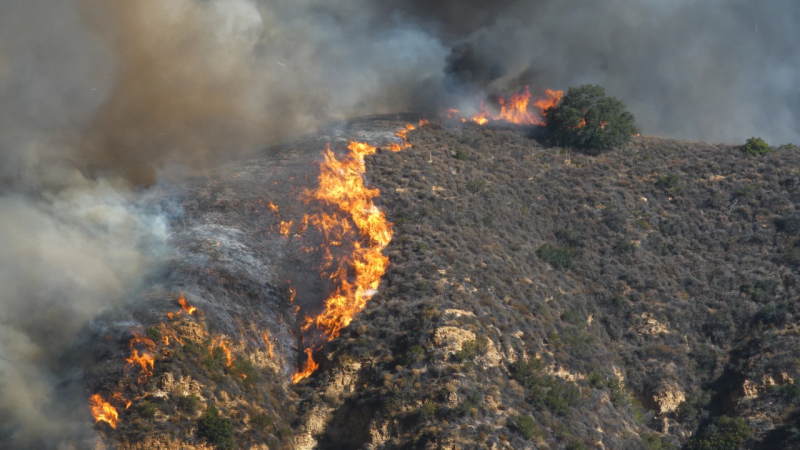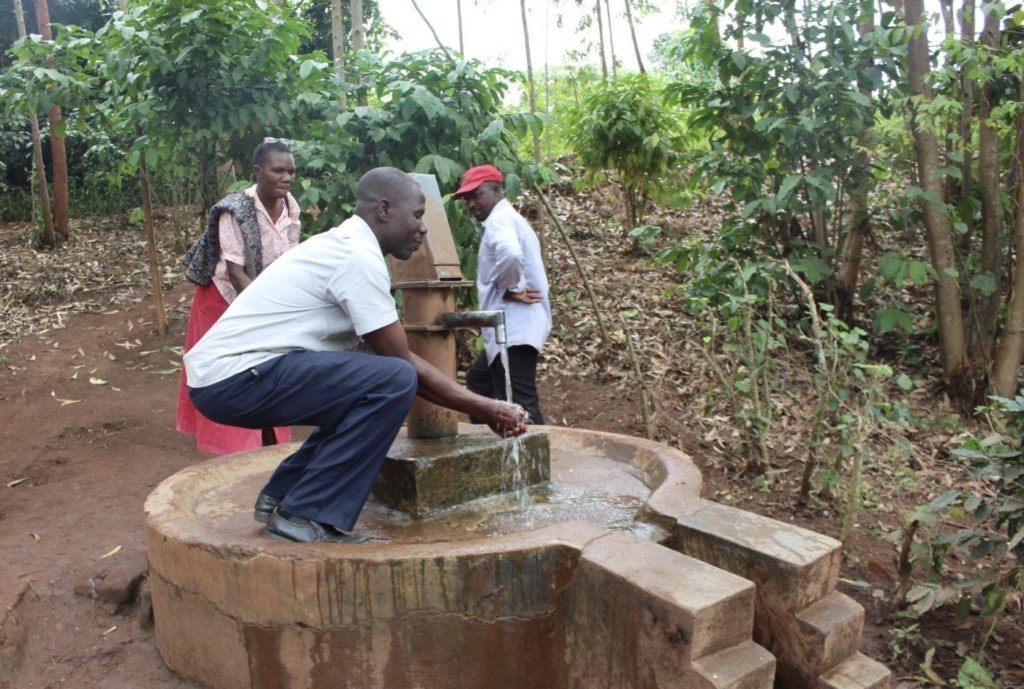
A fresh water perspective from Africa
The borehole well has an electric-powered pump, so power outages also mean water outages. I had bottled water to drink, but then I realized that no power means I can’t…
Seven weeks into my stay in Lukojjo, Uganda, the power went out—for two days.
The borehole well has an electric-powered pump, so power outages also mean water outages. I had bottled water to drink, but then I realized that no power means I can’t bathe, so I panicked.
Outages are common in rural Uganda. I was lucky it was my first. And it quickly occurred to me that my worries were pretty trivial. The borehole doesn’t just supply water for bathing and washing dishes, it’s also drinking water for most people—including my new friend, Wassaw.
Ten-year-old Wassaw is charismatic and inquisitive. “Do you have boreholes in California?” he asked. I wasn’t sure how to respond. How do I tell a kid who fetches and carries his family’s daily water—in a 50 pound jerry can—that there are five taps inside my house with hot and cold water? Or that we have flush toilets filled with water clean enough to drink?
I spent seven weeks in Uganda this summer, on a GlobeMed internship with the Water Access, Sanitation, and Hygiene (WASH) project. The project put me face-to-face with the biggest water issue for many people on the planet—basic access. The World Health Organization estimates that more than a billion people lack any source of improved drinking water.
In rural Uganda, 65 percent of people have “improved” infrastructure to retrieve groundwater, the country’s main water source. For the village of Lukojjo’s one-thousand residents, there’s one borehole with an electric pump for the elementary school and surrounding neighborhood. The rest of the village uses a protected spring.
Here’s the thing with the groundwater: It’s okay to wash with, but must be boiled before it’s safe to drink or brush your teeth with. My job was going door-to-door in villages to teach people how to be water-safe.
Good old-fashioned boiling is the number one strategy for eliminating diseases caused by groundwater contamination. Waterborne illness is a big deal in a country where 1.6 million people live with HIV/AIDS—almost 12 percent of them infants and children. Children are already prone to disease, but with compromised immune systems, they are even more susceptible. GlobeMed partnered with the local Mpoma Community HIV/AIDS Initiative to tackle water access and education.
Retrieving water is just the first step. Sanitation and hygiene are critical, too. In Uganda people use latrine toilets—two-meter holes dug in the ground. They’re supposed to be six meters from homes and 30 meters from water sources. Any closer and contamination can occur. But latrines often end up three or four meters from homes with no covers or places to wash hands.
Water supply and sanitation challenges are also being pushed to the limit by Uganda’s population explosion.
The number of people living in the country jumped from 29 million in 2006 to 39 million in 2015. Most of the growth is in rural areas, where poorly funded local governments struggle to meet the additional demand for housing and water. With new development going up everywhere, it’s impossible for officials to ensure latrines are dug at safe distances from dwellings and water supply.
Protecting water sources is tricky for other reasons, too. Fences are built around boreholes and springs to keep animals out, but they usually don’t last long. When we go into villages and ask why the fence isn’t there, the usual answer is “it was dismantled because we needed firewood to cook.”
Before coming to Uganda, I had no idea what to expect. It took two hours to drive the 14 miles from the capital city, Kampala, to Lukojjo, on roads streaming with vehicles and people, and I wondered where on earth I would end up. All I knew was seven weeks seemed like a long time.
But then I arrived at the school where I’d be living and received the most unbelievable welcome. Kids came tumbling out of the classrooms. I’d never had so many bright little faces charging at me all at once. Back in my hometown of Pomona, California, I barely know anyone. In Lukojjo, I greet almost everyone I pass on the road.x
When Wassaw asked if we have boreholes in California it seemed like a silly question, but in that moment it really hit me how privileged I was to have my own private tap. And now, two days before I’m due to leave, I’m on the verge of tears—not because I can’t shower—but because it will be so hard to say goodbye to this amazing community of people.
